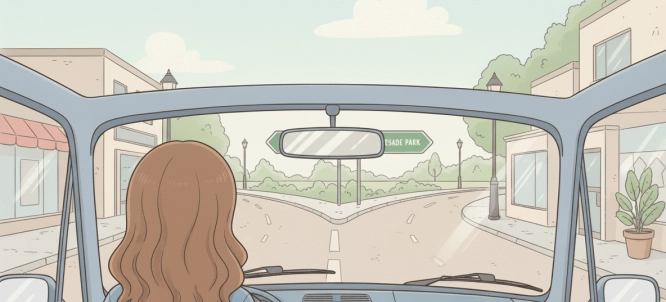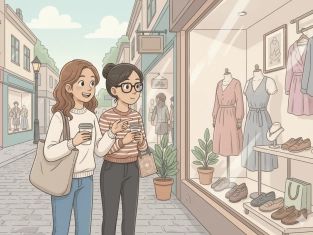First Conditional
Table of Contents
Exercises
Explanation

First Conditional – talking about real future situations
Structure
|
If-clause |
Main clause |
|
If + Present Simple |
will + base verb |
Example:
If I finish my work early, I will watch a movie.
Use the present tense after if, and will + verb for the result.
Examples
-
If it rains tomorrow, we will stay at home.
-
If she studies hard, she will pass the exam.
-
If I see Ben, I will tell him the news.
-
If they don’t hurry, they will miss the train.
-
If we go to the park, we will have a picnic.
Negative Form
Add not after will or in the if part:
-
If I don’t wake up early, I won’t catch the bus.
-
If it doesn’t stop snowing, we won’t go out.
Question Form
We can ask questions in two ways:
-
If you are tired, will you go to work tomorrow?
-
Will you call me if you need help?
No comma is used when the if-clause comes last.
Other Words Instead of if
|
Word |
Meaning |
Example |
|
when |
at that time |
When I get home, I will call you. |
|
unless |
if not |
Unless you study, you won’t pass. |
|
as soon as |
right after |
As soon as I see her, I will smile. |
|
before / after |
time link |
After we eat, we will go for a walk. |
Using Other Verbs Instead of will
You can use other modal verbs depending on the meaning:
-
If you finish early, you can go home.
-
If she works hard, she may get a promotion.
-
If they come late, they must call us.
In Short
Use the First Conditional to talk about real future possibilities.
It connects a condition in the present with a result in the future.
Example:
If you practice every day, you will become better at English!

